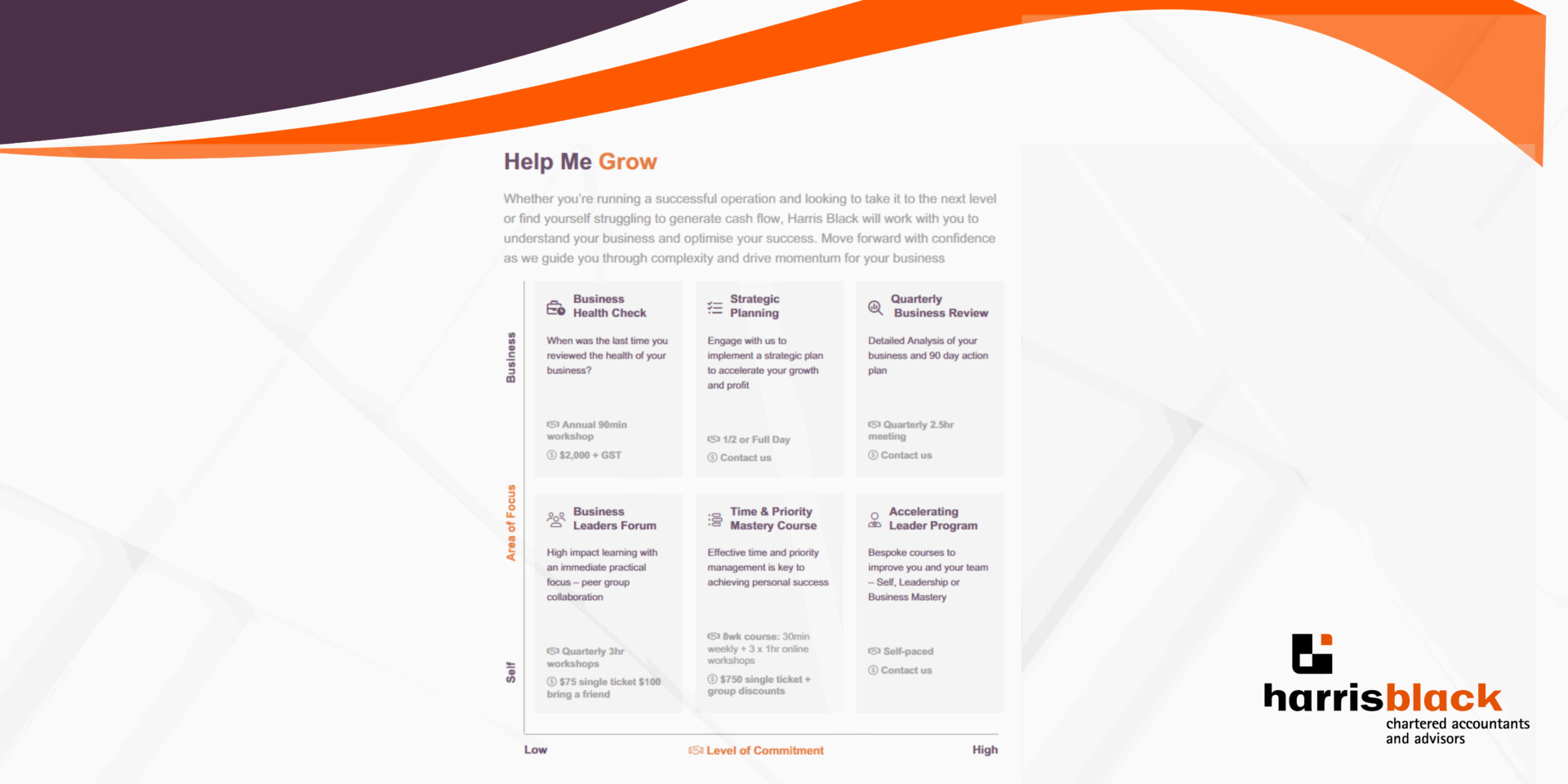Focus HR recently hosted a webinar for clients of Harris Black, Advanced Financial Services, and Power Tynan, where the latest changes to industrial relations and minimum wage requirements were discussed.
Among the many important topics covered, Harris Black wanted to remind you of the updates affecting casual employment arrangements.
Casual employment offers flexibility for both employers and workers, but it’s important to understand the legal requirements and protections that apply. The Fair Work Ombudsman’s latest guidance sets out what both parties need to know
1. Who Qualifies as a Casual Employee?
A worker is considered casual if, when they start their job:
- There’s no firm advance commitment to ongoing work. This is assessed by looking at the actual working relationship, not just what’s written in the contract.
- The worker receives a casual loading or a specific casual pay rate, as set out in an award, registered agreement, or employment contract.
When determining casual status, consider:
- Whether the employer can choose to offer work (or not), and whether the employee can accept or decline shifts.
- The likelihood of future work being available.
- Whether the employee works a regular pattern of hours.
- If there are permanent staff doing the same kind of work.
Example: Someone hired for a busy season, offered shifts that change week to week, and paid a casual loading, would be considered a casual employee
2. When Should the Casual Employment Information Statement (CEIS) Be Provided?
Employers are required to give the CEIS to (you can access this here):
- New casual employees before they start, or as soon as possible after they begin work.
- All casual employees again after:
- 12 months of employment (for small businesses).
- 6 months, 12 months, and then every 12 months after that (for non-small businesses).
3. Moving from Casual to Permanent Employment
From 26 August 2024, eligible casuals can ask to become permanent (full-time or part-time). To be eligible, an employee must:
- Have worked for at least 6 months (or 12 months in a small business).
- Believe they no longer meet the definition of a casual.
- Not be in the middle of a dispute about becoming permanent.
- Not have had a similar request refused in the past 6 months.
How to Apply: The request must be made in writing. Employers must reply in writing within 21 days, outlining the new status, hours, and start date if the request is accepted. If the request is refused, the employer must provide written reasons and consult with the employee. Refusals are only allowed for specific reasons, such as the employee still meeting the casual definition or for operational reasons
4. Resolving Disputes
If there’s a disagreement about changing to permanent employment:
- Try to resolve the issue at the workplace first.
- If that doesn’t work, either party can take the matter to the Fair Work Commission for mediation, conciliation, or arbitration.
- The Commission can make binding decisions, including orders about employment status.
5. Protections Against Avoidance
Employers can’t sidestep their obligations or an employee’s right to convert to permanent by:
- Cutting or changing hours.
- Altering work patterns.
- Ending employment.
Such actions may be considered adverse action, which is unlawful and can result in penalties.
6. Other Entitlements for Casuals
Casual employees are entitled to:
- 10 days of paid family and domestic violence leave each year.
- Any other entitlements set out in relevant awards or agreements.
7. Where to Get Support
- Fair Work Ombudsman: For information, advice, calculators, templates, and help with workplace issues. Visit https://www.fairwork.gov.au/ or call 13 13 94.
- Fair Work Commission: For dispute resolution, mediation, and arbitration. Visit https://www.fwc.gov.au/ or call 1300 799 675
- Focus HR: For support, visit www.focushr.com.au or call 07 4765 3456








